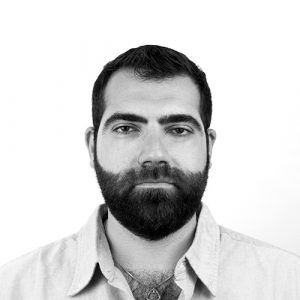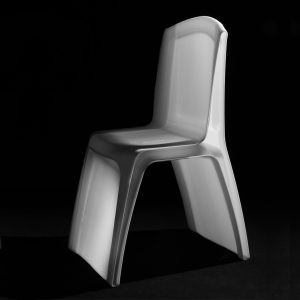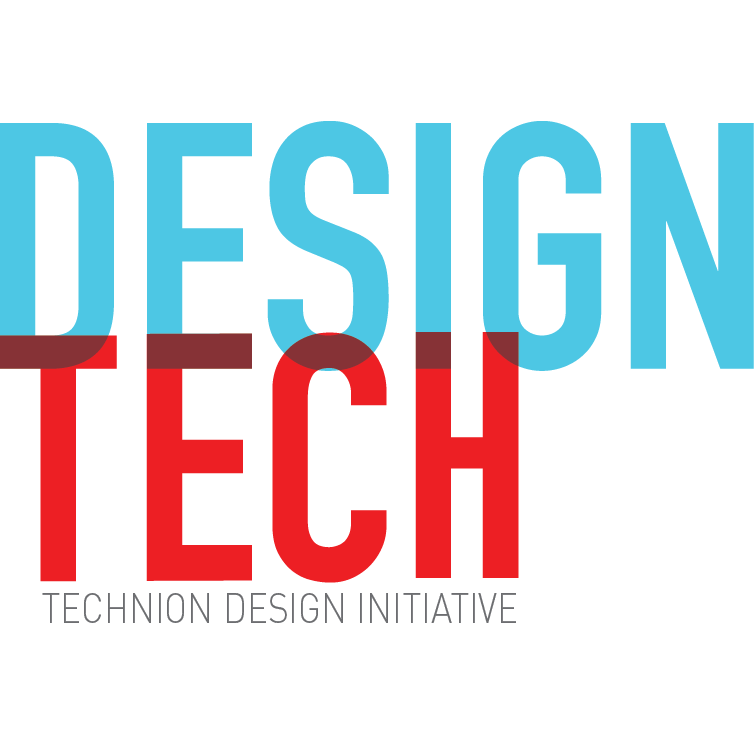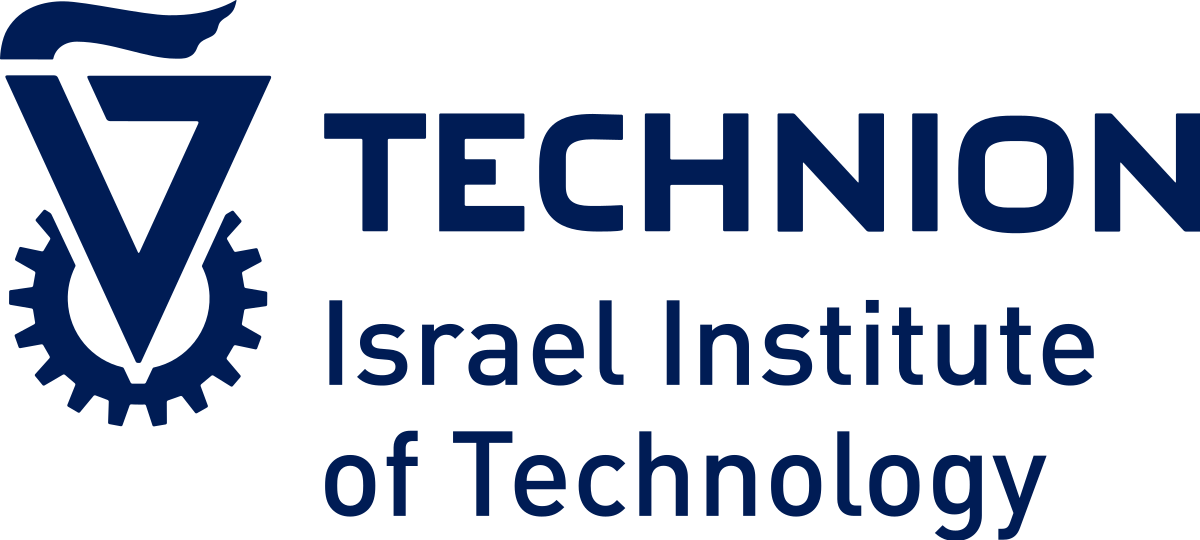
Alexander Geht
Masters degree program
Supervisors
Prof. Ezri Terezi
Prof. Yasha Grobman
Bio
Alexander is a researcher, designer, maker and entrepreneur from Israel, he focusing on developing products for people with disabilities. Geht is an Industrial Design Master student at Technion-Haifa, B.Des cum laude from Bezalel Academy of art and design in Jerusalem, and Electronic Practical Engineer. He focuses on research, innovation, and praxis of digital manufacturing in the aim to create customizable mass products for people with disabilities. Alexander focuses on research, innovation, and praxis of digital manufacturing, including the learning and developing manufacturing methods, Fitting the product to the technology and vice versa, optimizing product in production processes. Furthermore, implementing insights into developing new technologies.
Research Paper in CAADRIA 2020 Conference Digital Fabrication and Construction Panel
Assistive Technologies are specialized products aiming to partly compensate for the loss of autonomy experienced by disabled people. Earlier studies suggested that proper seated position is the main goal to normalize the muscular tone, improving the optimal function. Additionally, proposed that adaptive equipment which is provided to CP children should be customized individually according to the child’s functional and contextual needs.
Mass-production assistive-technologies, usually designed, general and adjustable, to fit the large market as possible. As a result, off-the-shelf products are too general and did not fit the individual need. Custom-made products fit precisely to the need of the individual, by being design accurately for the body measures and personal needs. There is a fundamental need for custom products, whether, for luxury fields such as sports, military, or space, where optimal performance is essential. But moreover for disabilities field, where custom solutions are critical to assist in activities of daily living (ADL) and rehabilitation. However, custom made products are expansive and not achievable in most cases. At the same time, craftsmen who make the custom solutions, are disappearing, and with them, disappears the professional knowledge.
We are developing and designing parametric anatomic seating system, based on clinical and craftsman praxis, providing a fully customizable product, adapted for digital-manufacturing tools (laser cutting, CNC milling, 3D printing). In this way, we can produce every product unique for every individual function and need. Additionally, we preserve craftsman knowledge, serving people with disabilities needs. Our goal is to develop products, that enables the clinical staff as a physiotherapist, occupational therapist, etc., to create anatomic solutions at the push of a button — reducing the time between the measuring and the final product.
The lecture focuses on the possibilities of digital-manufacturing technology at assistive-technologies field, looking into the gaps and the challenges, also talking about the transaction between rapid prototyping to the real product, using large-scale additive manufacturing (LSAM) technology.
Horizontal Forming In Additive Manufacturing
Design And Architecture Perspective
Extrusion based three-dimensional additive manufacturing technology forms objects by driving the material through a nozzle depositing a linear structure through vector-building blocks called roads. In a common 3-axis system, the roads are stacked layer upon layer for forming the final object. However, forming overhanging geometry in this way requires additional support structures increasing material usage and effective printing time. The paper presents a novel Horizontal forming (HF) approach and method for forming overhanging geometry, HF is a new extrusion-based AM approach that allows rapid and stable forming of horizontal structures without additional support in 3-axis systems. This approach can provide new design and manufacturing possibilities for extrusion AM, with emphasis on medium and large-scale AM. HF can affect the outcome’s aesthetic and mechanical properties. Moreover, it can significantly accelerate the production process and reduce material waste. The present paper maps the influence of various parameters employed in the HF method, providing a deeper understanding of the printing process. Additionally, it explores and demonstrates the potential functional and aesthetic characteristics that can be achieved with HF for industrial design and architectural products.
The influence of Modulated Extrusion on design aesthetic and mechanical properties in 3D printing
Extrusion 3d printing processes are typically based on a horizontal discretization of solid geometry and layered deposition of materials. The speed and the rate of the deposition are constant and determined by the material stability criteria, limiting technology possibilities. Manipulating printing speed and amount of extruded material, expand design and fabrication possibilities. This method is known as Modulated Extrusion (ME).
This research explores the benefits of Modulated Extrusion method in big area additive manufacturing 3d printers, focusing on architecture and product design fields. Aim of this work is to develop new aesthetics language and mechanical properties of the printed products, expanding the range of possible outcomes, using the same 3D printing hardware. Outcomes of this research can dramatically affect on the extrusion printing field including bio-printing, product design, and architecture.

Keywords
Expression 3D Printing, Design, Digital Fabrication, Experimental 3D Printing, BAAM
Interests
Design, 3D Printing
Personal mail
geht@campus.technion.ac.il
alexgeht@gmail.com

